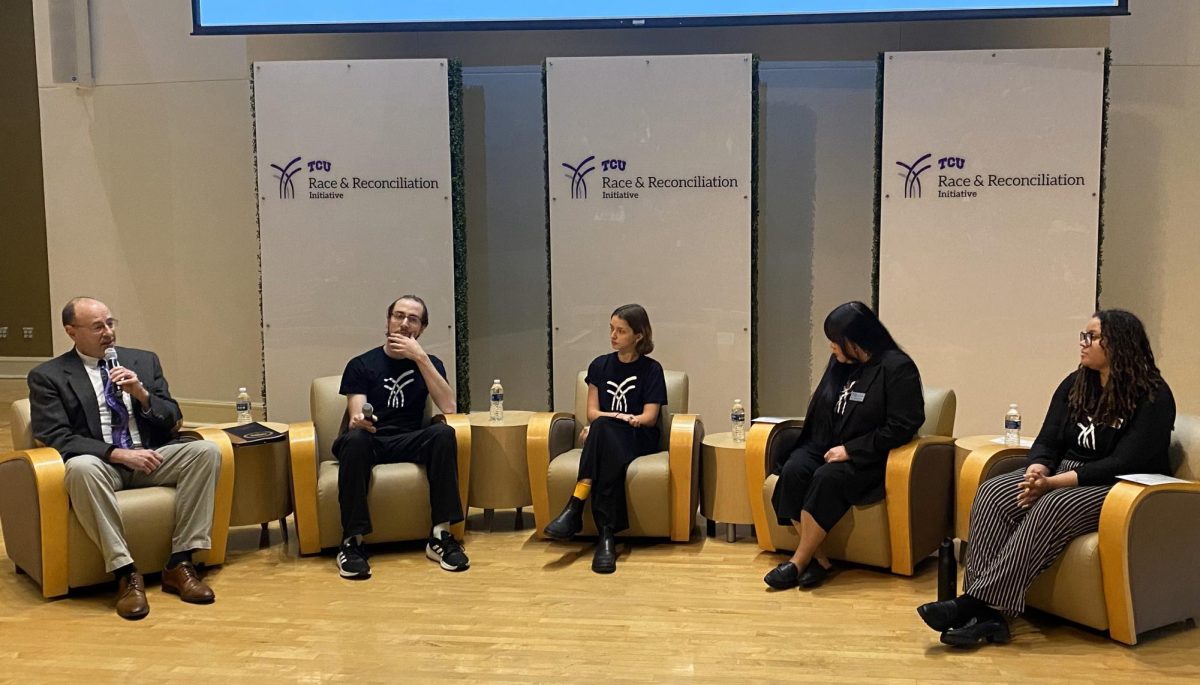“Really? I love that song too. I’d let you hear more, but the band only put out three songs. Sorry.”While singles are a great alternative to buying an entire album if you only know of a few songs, Warner Music Group’s decision to create an “e-label” and rely entirely on digital downloads is a misguided step.
Edgar Bronfman, chairman and CEO of Warner music, said artists would release music on this “e-label” in clusters of three songs over a period of months according to a news.com article published Aug. 22.
Though this idea is a marketing strategy aimed at jumping on the popularity of music-download services such as Napster and iTunes, dropping the CD format in its entirety is not the solution to slumping CD sales.
While $31 million in digital music sales countered a worldwide $30 million CD sales decline according to a New York Times article published June 14, Bronfman’s hopes to increase revenues with an “e-label” are already in effect.
Music fans can currently buy singles and whatever few songs they fancy by an artist online without ever giving a second thought to what else the musical act has to offer. The variety of options and purchasing methods available allow customers to pick and choose as they see fit. This information is useful to the record industry in finding which bands have strong marketing potential and can be a viable investment in the long run.
It is those artists and groups who keep the music industry afloat. Usher, U2 and Eminem have all been heralded by publications such as Rolling Stone as the reason record industry sales have perked up since 2004. You might notice that bands such as The Shout Out Louds are not exactly a gold mine, regardless of how solid its album is.
Bronfman continues, saying that bands under the “e-label” can enjoy a “supportive, low-risk environment.”
This comes across to me as a good way to make a quick buck.
One-hit wonders are known for only a few, if that, good songs. Bands who are signed to a label for a grand total of three songs in a “supportive” environment aren’t exactly supported.
This could possibly make it even easier for labels to toss bands aside after cashing in on what they had to offer, not having to worry about multi-album contracts.
Digital music is a wonderful thing, so is being able to put it on my computer and iPod. However, it’s hard to share music with friends when they either have to be with you near your computer or digital music player. Making a CD of your downloaded music is almost impossible due to copy-protection files most digital downloads have embedded within.
CDs themselves still serve a purpose.
Music aficionados enjoy being able to have physical copies of what they purchase, to look at the album art and CD cover as they see fit. While some services offer downloads in pdf formats, it’s just not the same.
Furthermore, while digital music players such as iPods are popular, they have yet to become commonplace. The lack of a CD format available to customers not only causes a loss of your sales market, but can be compared to labels only selling CDs when cassette tape players were still the most widely-used format.
With P2P networks a hot issue, online music services aim to increase legal downloads to combat music piracy.
Research from NPD Group INC. found that legal services such as iTunes were as popular, if not more so, than some file-sharing, tying the service with LimeWire for second.
A study from Harvard Business School found that P2P had a “negligible” effect on CD sales, which concurs with NPD Group Inc’s research.
While I understand the technology shift that is taking place around the country and most of the world, jumping head first into the digital age is not the approach Warner Music Group should take. It limits the choices those who enjoy music have available to them. Once that happens, no one wins.
Ryan Claunch is a junior news-editorial journalism major from Abilene.





